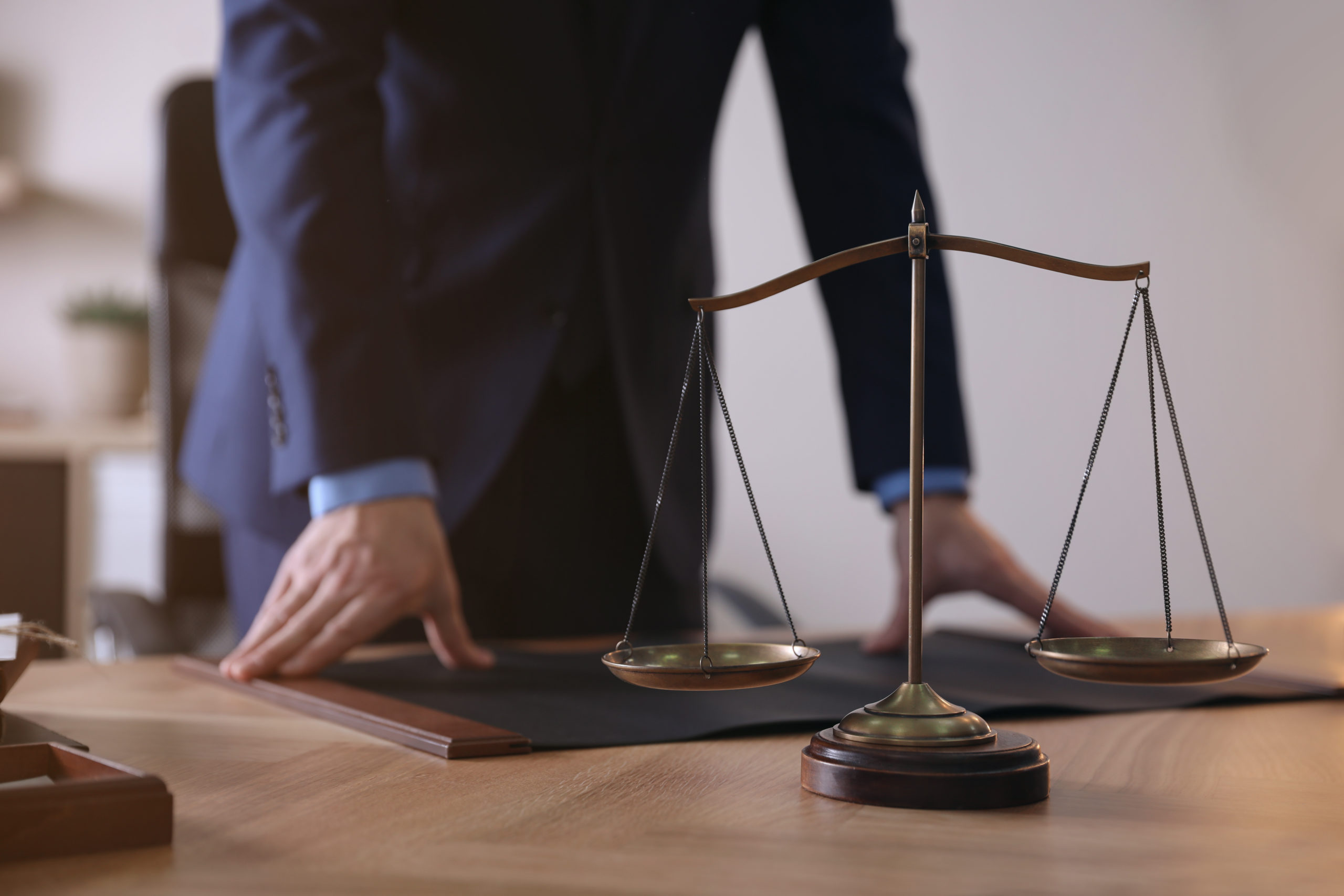Alibi Defenses In Violent Crime Cases

The alibi defense is legally defined as being a criminal defense that is based on specific information, which states that the defendant couldn’t have committed the crime since they were not present at the scene. Basically, the alibi defense for violent crimes in Las Vegas is all about showing you were somewhere else. This can involve the presence of evidence or witnesses who would support the alibi.
Alibi Defenses – Strengths And Weaknesses
Most alibi defenses are based on the testimony of witnesses. This is why witness credibility can easily weaken or strengthen your defense. The judge and the jury can easily decide the guilt of an individual based on whether or not the witness can be trusted. If someone does not believe the person testifying, nobody will believe that the defendant was not present at the scene.
As a very simple example, family members or friends could testify and present an alibi. However, the judge or the jury might not believe what was said since they would think such people would easily lie to support the defendant. The entire alibi defense would be weakened but this does not mean that the defense needs to be abandoned.
When the witness does not have any connection with the defendant, the alibi defense is simply much stronger. For instance, when a waitress served you at a restaurant and you never met them before, the strength of the alibi defense becomes much higher.
Another thing that could strengthen the defense is having more people testify about the validity of the alibi. For instance, when there are 3 co-workers who have been working with the defendant for various lengths of time end up testifying about the presence of the individual at a specific location when the crime was committed, the defense is stronger than when there is just one co-worker testifying.
Some of the strongest possible alibi defenses are GPS records, swipe card records, phone records, photos, and video footage. This is due to the fact that such evidence does not rely on witnesses that might or might not be reliable. Such evidence is objective since it cannot really be altered. However, its presence does not instantly mean that prosecutors dismiss charges. Record accuracy and date stamps can be questioned.
Reasonable Doubt For Alibis
The defendant can present the alibi defense and the prosecutor still needs to prove the guilt. The attorney working for you also does not need to present an alibi that is 100% true beyond a reasonable doubt.
When the judge or the jury does not think the alibi defense is true, it is the prosecution that still needs to prove crime elements. This should also be established beyond reasonable doubt. Besides proving presence at the scene, evidence needs to 100% prove guilt. Basically, in the event that the jury does not believe the alibi of the defendant, it still can mean that the verdict would be not guilty. All juries need to believe without the shadow of a doubt that …